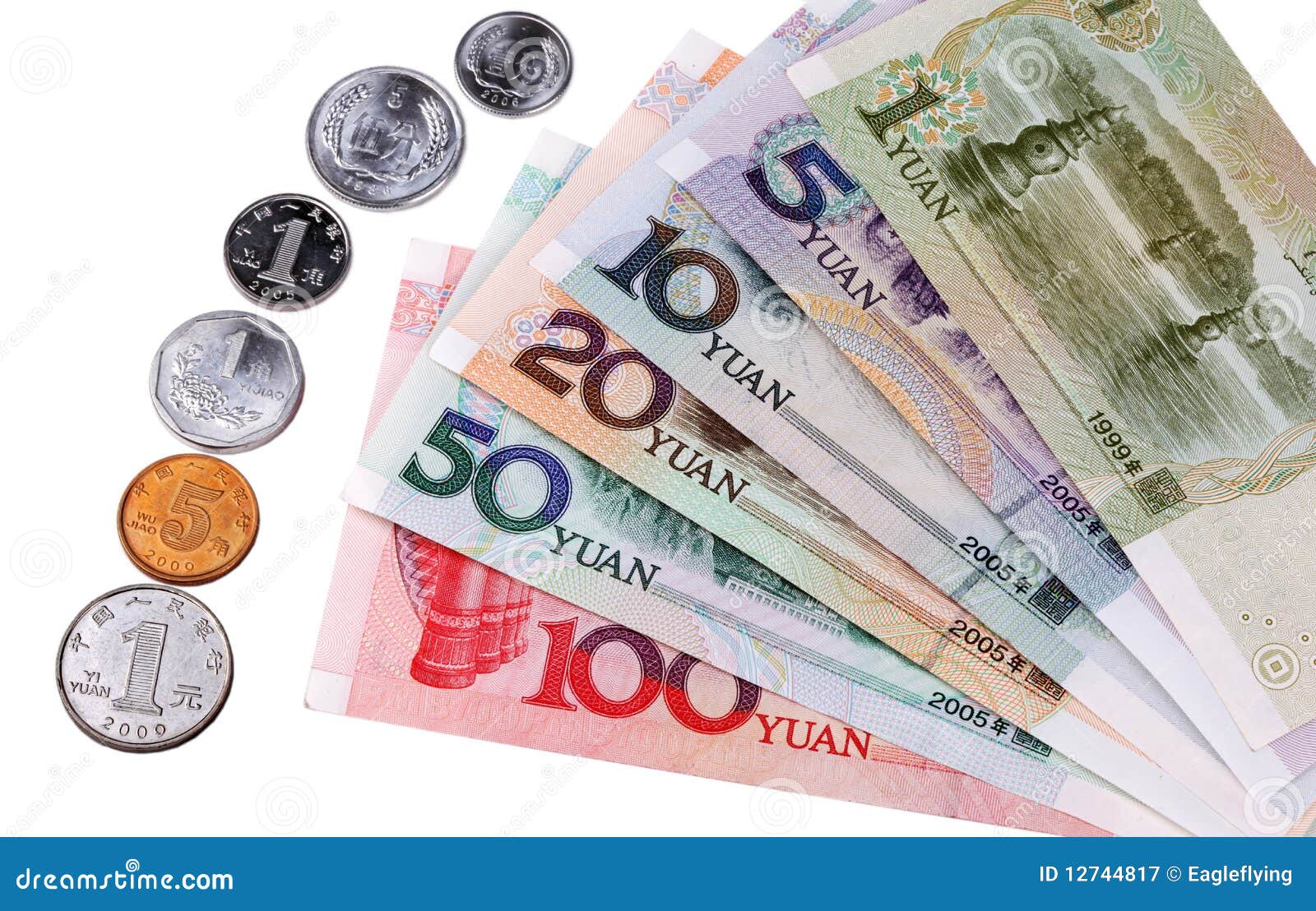
The move, which is expected to take effect before the end of this year, is in response to rising demands for the Renminbi in the country.
The successful implementation of BoG's plans will make it possible for people, especially traders, to directly change the Renminbi for cedi or vice versa unlike the current situation where most people are forced to first convert their Renminbi into the US Dollar or any of the widely accepted foreign currencies before converting them into the Cedi.
The Renminbi is the official currency of China. However, the Yuan, which is a unit of the Renminbi, is widely known in the currency world as the official medium of exchange for the people of China.
As a result, China’s national currency is often called the Chinese Yuan or the Yuan Renminibi and has CNY as its international standard organisation (ISO) currency code. One Ghana cedi is currently worth about CNY2.81, according to Oanda.com, an online currency converting platform.
Mr Gershon Agblebzorwu of the Treasury Departmemt of BoG said in the Accra that the bank was currently finalising plans towards introducing the Renminbi as a direct currency converter to the Cedi in the country.
“It (the Renminbi) will be introduced soon to help people convert directly," Mr Agblebzorwu said. BoG's plans on the Renminbi come at a time trade volumes between Ghana and China are continually on the rise.
Trade volumes between the two countries rose from US$3.47 billion in 2011 to US$5.43 billion last year.
Although much of that trade favours China, as they are in the form of imports into the country, some Ghanaian traders are beginning to gain access into the Chinese market, hence the need for a direct conversion of that country's currency into the Cedi vice versa.
That, Mr Agblebzorwu said will help ease the various challenges associated with the cross-country trading as well as reduce the pressures on the US Dollar resulting from the derivative nature of that currency.
“We have realised that most people demand the US Dollar not because they want it for business transactions but because they want to change it into third currencies such the Chinese Renminbi. So if we make that currency (the Renminbi) convertible, then it will reduce the pressures on the Dollar,” Mr Agblebzorwu explained.
High demand for the US Dollar often causes the cedi to depreciate and that subsequently makes the national currency unattractive to traders and trading for that matter.
It also contributes to inflation and other fiscal and monetary policy challenges, thereby making planning difficult for the BoG and the Ministry of Finance and Economic Planning.
Source: Graphic Business
No comments:
Post a Comment